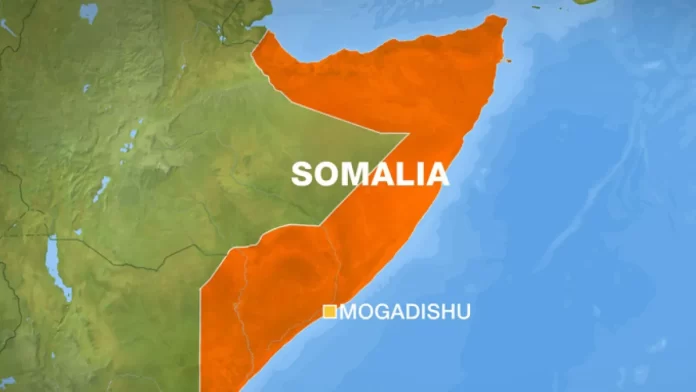 The Ethio-Somali conflict has a long history that dates back to the 12th century, where the Somalis of Ifat and Adal Sultanates fought major wars with the Axumite Christian Kingdom. This historical conflict had deep religious roots and had continued to fuel tensions between the two parties over the centuries. In the early 15th century, Ghazi Ahmed Ibrahim Gurey of Adal undertook a campaign that saw the conquest of 80% of the Abasinian kingdom before the intervention of Portugal. This historical context is crucial to understanding the complexities of the modern Ethio-Somali conflict and the deep-seated animosities that continue to shape the relationship between the two countries.
The Ethio-Somali conflict has a long history that dates back to the 12th century, where the Somalis of Ifat and Adal Sultanates fought major wars with the Axumite Christian Kingdom. This historical conflict had deep religious roots and had continued to fuel tensions between the two parties over the centuries. In the early 15th century, Ghazi Ahmed Ibrahim Gurey of Adal undertook a campaign that saw the conquest of 80% of the Abasinian kingdom before the intervention of Portugal. This historical context is crucial to understanding the complexities of the modern Ethio-Somali conflict and the deep-seated animosities that continue to shape the relationship between the two countries.
Again, the conflict escalated significantly in 1977-1978 when Somalia invaded Ethiopia in an attempt to take back the Ogaden Region, which is predominantly inhabited by ethnic Somalis. The conflict drew in external actors such as the Soviet Union, Cuba, and South Yemen, highlighting the international dimensions of the conflict. This invasion marked a turning point in the conflict and set the stage for future tensions between the two countries.
Following the collapse of the strong national government in Somalia in 1991, the country descended into chaos and became a playground for opportunistic and ambitious actors, including Ethiopia. The 2006 Ethiopian invasion further destabilized Somalia and the region and highlighted Ethiopia’s willingness to engage in acts of aggression in the region. The signing of controversial agreements with secessionist administrations, such as the MoU with Muussa Bihi, further exacerbated tensions and deepened distrust between the two countries.
The lack of resolution to the conflict has resulted in ongoing tensions, with sporadic flare-ups of violence along the border. Regional power struggles, ethnic tensions, and disputes over territorial boundaries continue to fuel the conflict and hinder efforts at finding a lasting solution. The involvement of external actors, such as Turkey, in mediating the conflict underscores the international significance of the Ethio-Somali conflict and the need for a concerted effort to address the root causes of the conflict.
In this talks, Somalia must carefully consider its approach to negotiations with Ethiopia, given Ethiopia’s history of employing delaying tactics and showing a reluctance to engage in meaningful dialogue. Somalia must stand firm on its demands for respect of its sovereignty, independence, and territorial integrity, as these are essential for safeguarding the country’s interests in the long term. Any attempts by Ethiopia to undermine these principles must be met with firm resistance to prevent further escalation of the conflict.
Ethiopia must be held accountable for its actions in the region and also must be told to adhere to international norms and laws to prevent further destabilization. As a member of various international organizations, Ethiopia is obligated to uphold the principles outlined in these charters and ensure stability in the region. Failure to do so will only exacerbate tensions and deepen the conflict, risking the security and prosperity of both countries and the broader region.
In conclusion, the Ethio-Somali conflict is a complex and multifaceted issue that requires urgent attention from both countries and the international community. By prioritizing peace and stability in the region, both countries can work towards a prosperous future for their people and ensure a lasting resolution to the conflict. It is imperative that all parties engage in sincere and constructive dialogue to address the root causes of the conflict and move towards a peaceful and sustainable resolution.




